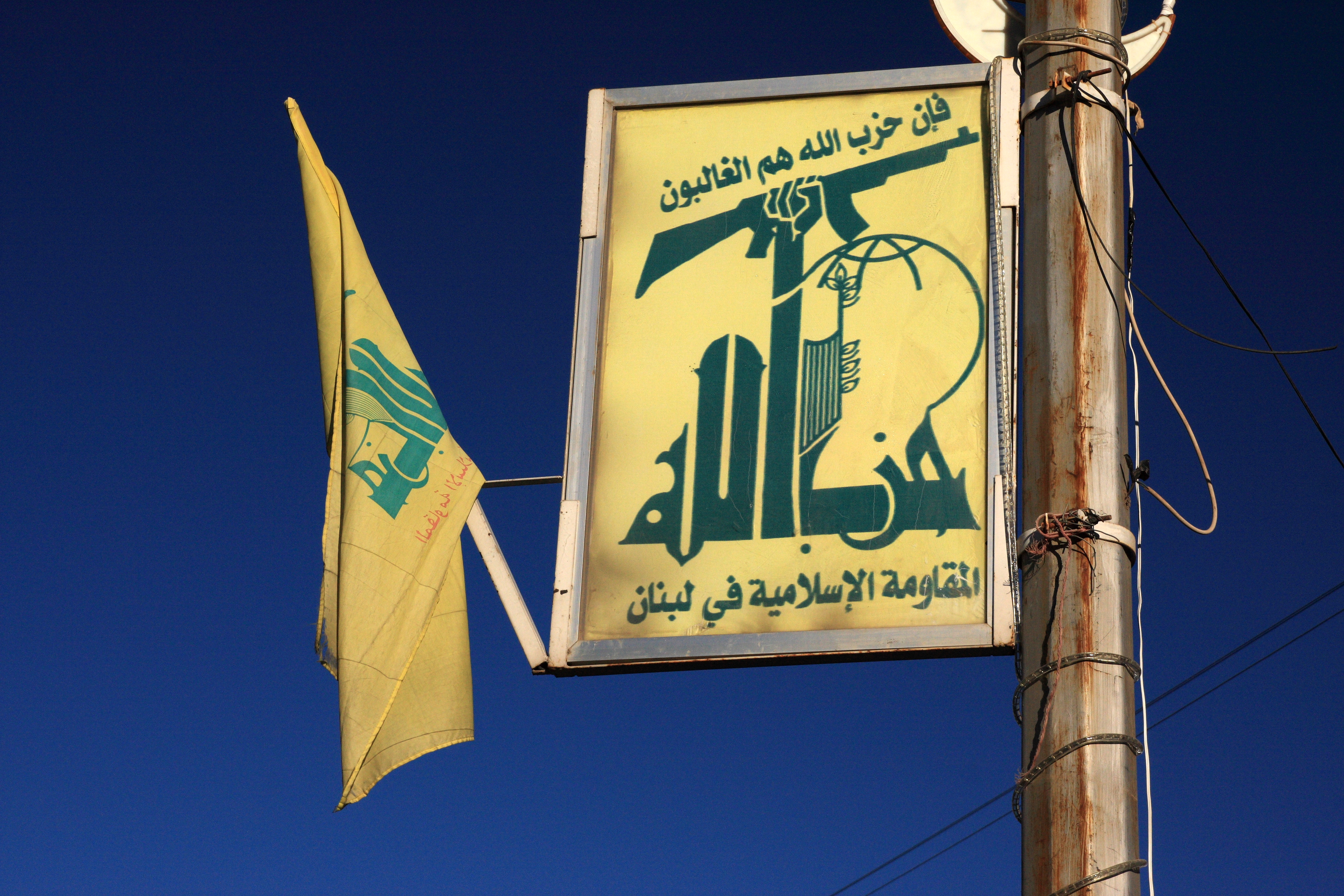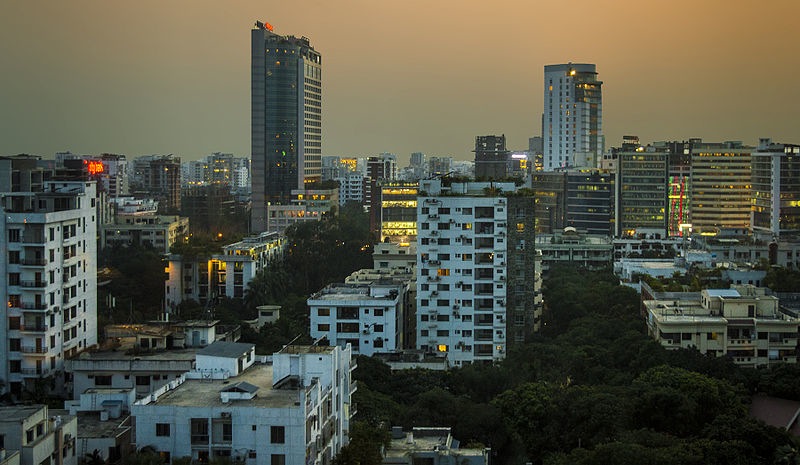Change in rhetoric
When political leaders known for overzealous idealism come forward with cynical words it is a sign of serious shifts taking place in their geopolitical landscape. Such is the case of Hizbullah leader Hassan Nasrallah who revealed that if the Syrian president, Bashar al-Assad, is deposed then Hizbullah will subsequently collapse. So much so that Nasrallah even softened his rhetoric against Israel, saying that the threat to conquer Israel was “hypothetical”. This rhetoric is not only rare, but is telling of the serious problems currently faced by the Lebanese Islamist group.
Running out of options
Recently Hizbullah mourned the death of 15-year old Mashhur Fahd Shamseddine, a child-soldier. Conflicting reports were given whether he was killed in combat duty or training, against Syrian rebels or by Israeli forces. Regardless, the fact that a teenager was killed while carrying out his “jihadist duty” in Syria highlights how stretched Hizbullah itself has become to resort to the idea of using boys as “manpower”.
Before the Syrian conflict it was challenging to become a part of Hizbullah’s military wing. The process was lengthy and started at a young age to groom potential soldiers through membership in the Imam al-Mahdi Scouts. Founded in 1985 and registered with the Lebanese Ministry of Education, the Scouts accommodate boys from ages 4 to 17, split into “Cubs, Scouts and Rangers”. Around the age of 17 they can decide to try to join the military ranks and the local mosque’s sheikh will select from the potential recruits. So now to see a 15-year old, who does not meet the criteria for joining the military ranks, die in Syria during either training or active combat is a sign of growing desperation as the Syrian conflict erodes Hizbullah’s military capacity.
Robert S. Ford, a former US Ambassador to Syria, stated that Syria was compensating for its manpower shortage through the mobilization of foreign Shi’a fighters from Hizbullah, and increasingly, Afghanistan with the collaboration of Iran. Syria and Iraq for Iran are a geostrategic assets due to their regional proximity, through which Iran supports and replenishes Hizbullah, these actors in addition to other Shi’a groups based in the Gulf are referred to as the Shi’a Crescent.
Syria is a crucial partner for Iran and the loss of direct Iranian influence there would devastate Iran’s long-term designs in the region. If the current Syrian regime were to collapse, there would be no friendly land route to Lebanon which would most definitely put an enormous strain on Hizbullah. Ford further suggests supporting the “nationalist opposition” which can act as a bulwark against Assad’s forces and allies as well as radical Islamists from ad-Dawlah al-Islamiyyah (The Islamic State) and al-Qa’ida linked Jabhat al-Nusra (Nusra Front).
The Israeli Defence Minister Moshe Ya’alon stated a day after the Israeli Air Force (IAF) struck a number of Syrian and Hizbullah surface-to-surface missile targets in the area of Qalamoun that Israel will not allow the transfer of technologically-advanced weapons to Hizbullah from Iran. A previous airstrike in January killed a senior Hizbullah commander as well as an Iranian general, indicating the nature of Hizbullah’s close relationship with Iran.
Hizbullah, historically, had been focused on resisting Israel in Lebanon but when the Syrian conflict grew Hizbullah needed to secure its land routes to Iran to prevent being cut off from Iranian supplies. Its unconditional support for the Syrian regime shattered its reputation amongst Sunni Arabs whose perceptions of Hizbullah shifted from an “Islamic resistance” group, especially during and after 2006, to an overtly sectarian Shi’a group furthering Iran’s regional expansion through the Shi’a Crescent. This is the first time that Hizbullah is facing a conflict on many fronts, within Lebanon, Syria and even Iraq, and against active Israeli efforts to curb the transfer of weapons and technologies from Iran. With depleted manpower, shortage of resources, and immediate geopolitical threats Hizbullah could very well be facing its final days.
Course of Action
 Moderate Syrian rebel groups should be supported in order to counter-balance both the Syrian regime and the radical Islamists. Leaving Shi’a and Sunni Islamist groups battling against one another should not be the solution where Hizbullah is allowed to operate as it counteracts groups such as the Islamic State as they are also a lifeline for Bashar al-Assad’s regime.
Moderate Syrian rebel groups should be supported in order to counter-balance both the Syrian regime and the radical Islamists. Leaving Shi’a and Sunni Islamist groups battling against one another should not be the solution where Hizbullah is allowed to operate as it counteracts groups such as the Islamic State as they are also a lifeline for Bashar al-Assad’s regime.
Harakat Hazzm (Steadfast Movement), one of the moderate Syrian rebel groups established to combat al-Assad’s forces, was disbanded recently after months of clashes withJabhat al-Nusra. Harakat Hazzm was the recipient of US aid, including US-made TOW anti-tank missiles, although there were complains about insufficient quantities to be effective against Syrian tanks; after Jabhat al-Nusra attacked the supplies were “curtailed”. The lack of supplies was instrumental in the disbanding of Harakat Hazzm. The US along with Saudi Arabia, Jordan and Qatar are working on a programme to train moderate Syrian groups so they can combat radical groups. Al-Jaysh as-Suri al-Hurr (The Free Syrian Army) has been the most effective moderate rebel force, they have a strong presence in the South as well as a command centre in Jordan.
Canadian jets have not engaged targets in Syria since April 8 due to a lack of on-ground information as there are no “allied troops” there. Defence Minister Jason Kenney stated that the goal is to “defeat” the Islamic State and military officers, privately, have said Canada’s involvement will be longer than the extended date of March 2016. With more than 600 Canadian military personnel involved in the theatre, it would be beneficial to support groups which can establish a flow of information to Canadian forces. The quicker the Syrian conflict can rid itself of groups like the Islamic State, Nusra Front and Hizbullah, the quicker the moderate rebel groups can focus solely on an already weakened regime in Damascus.






